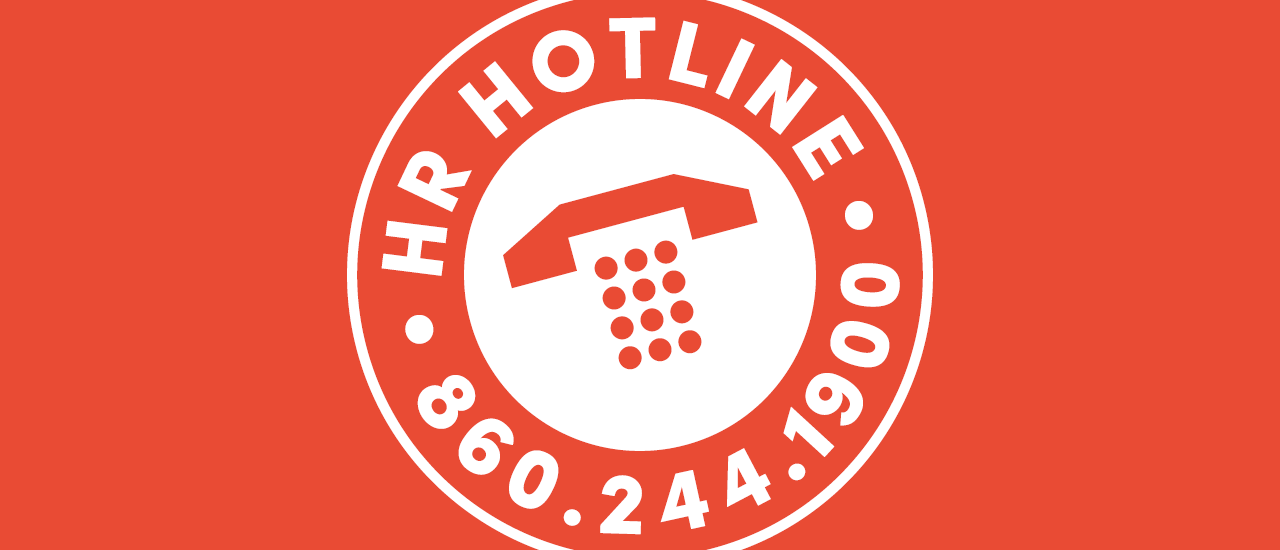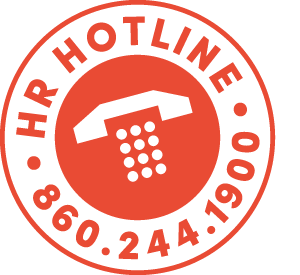HR Hotline: How Do We Accommodate a Transgender Employee?

Q: One of our employees recently announced that he identifies as a transgender man. He would like to be called by a different name and wants to use the men’s restroom. This is confusing for our customers, who know the employee as a female, with a female name. Male colleagues have also said they feel uncomfortable using the same bathroom as this employee.
What are the rules in this area? Can we require that he submit medical records that confirm his transition? Or legal documentation showing his name change? Can we ask him to please continue to use his female name with customers? Or ask him to use a certain bathroom so colleagues don’t feel uncomfortable?
A. The answer to all of these questions is no. Connecticut’s Fair Employment Practices Act has prohibited employment discrimination based on an employee’s gender identity or expression since 2011.
In June 2020, the United States Supreme Court followed suit and ruled that Title VII also prohibits discrimination based on gender identity. As such, employers must be diligent in the way that they—and their other employees—treat transgender workers.
The term “transgender” refers to individuals whose gender identity and/or expression is different from the sex assigned to them at birth—the sex listed on an original birth certificate.
The term transgender woman typically is used to refer to someone who was assigned the male sex at birth but who identifies as a female.
Likewise, the term transgender man typically is used to refer to someone who was assigned the female sex at birth but who identifies as male.
Gender Identity
A person does not need to undergo any medical procedure to be considered a transgender man or a transgender woman. Thus, an employer should not require an employee to submit records—medical or legal—for the purpose of confirming transgender status.
Gender identity is an intrinsic part of each person’s identity and everyday life. Accordingly, it is essential for employees to be able to work in a manner consistent with how they live the rest of their daily lives, based on their gender identity.
Asking an employee to use a name that’s inconsistent with their gender identity is discriminatory.
Asking an employee to use a name that’s inconsistent with their gender identity, or to behave in a way that conforms with societal norms for one particular gender, is discriminatory.
All employees should be permitted to use restroom facilities that correspond with their gender identity.
For example, a person who identifies as a man should be permitted to use men’s restrooms, and a person who identifies as a woman should be permitted to use women’s restrooms.
Best Policies
The employee—not the employer—determines the most appropriate and safest option for himself or herself.
The best policies will also provide additional options, which employees may choose, but are not required, to use, such as single stall unisex facilities and multiple-occupant, gender-neutral facilities with lockable single stalls.
No employee should be required to use a segregated facility apart from other employees because of their gender identity.
No employee should be required to use a segregated facility apart from other employees because of their gender identity or transgender status.
In sum, the purported discomfort of customers or co-workers will not excuse an employer from complying with state and federal anti-discrimination laws.
For more information, contact CBIA’s Diane Mokriski (860.244.1900) | @HRHotline.
RELATED
EXPLORE BY CATEGORY
Stay Connected with CBIA News Digests
The latest news and information delivered directly to your inbox.



